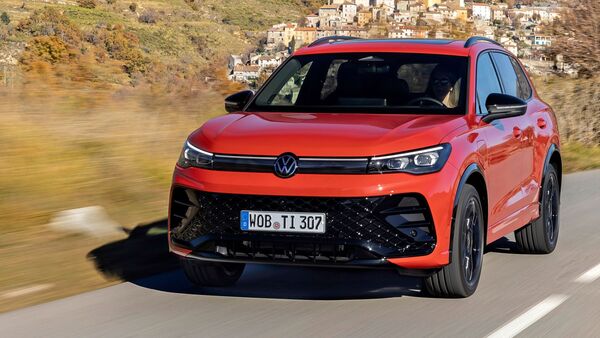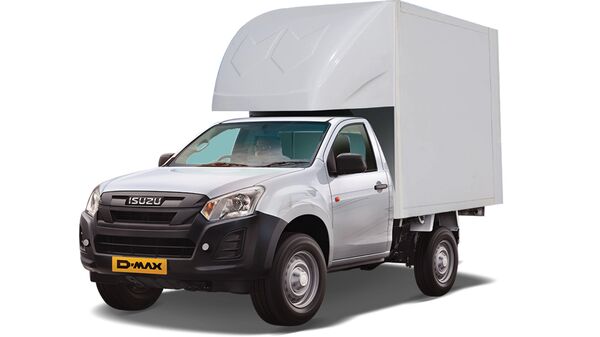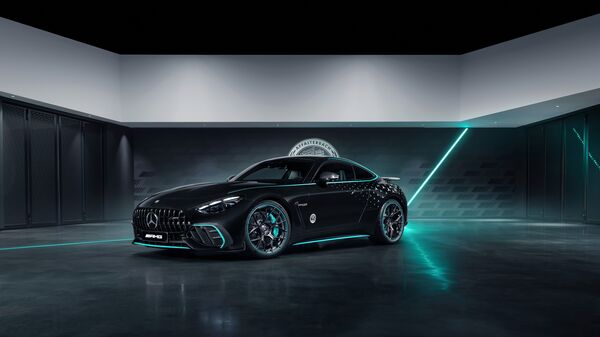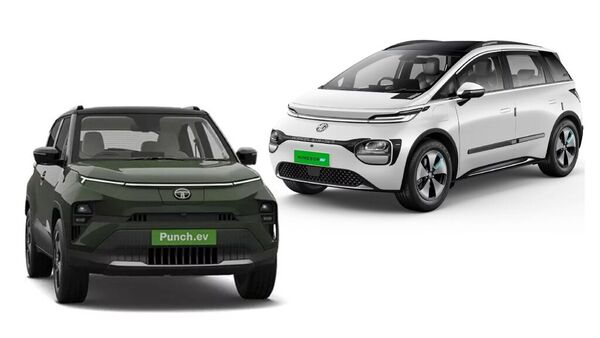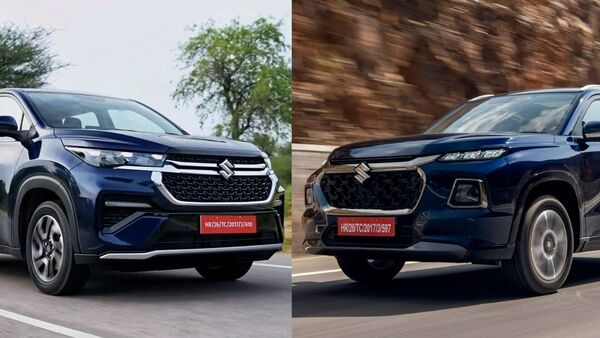
UP makes hybrid cars spectacularly affordable. Should you finally drive one home?
2 months ago | 34 Views
The government of Uttar Pradesh recently took a major step to promote sales of hybrid vehicles. The state waived off the registration fee for strong hybrid models and plug-in hybrid models. Because of this, many people would now be inclined to buy hybrid vehicles as they look like a much better proposition when compared to regular ICE vehicles. However, there are a few things that you might wanna consider before going ahead with your purchase. Here are the pros and cons of a hybrid vehicle.
Pros
More affordable than EVs
Hybrid vehicles are relatively more affordable when compared to their all-electric counterparts. For instance, the Hyundai Kona Electric costs £ 34,995 whereas the Kona Hybrid is priced at £ 30,385. The electric vehicles cost more primarily because the battery packs costs are expensive. When compared, hybrid vehicles use smaller battery packs which cost less.
Lower emissions than ICE vehicles
Hybrid vehicles are more eco-friendly than ICE vehicles. This is because most of the time they are running on electric power so no tailpipe emissions are being released into the atmosphere. Greenhouse gases like carbon dioxide, methane and nitrous oxide are emitted on a smaller scale when compared to ICE vehicles. Honda says the average petrol or diesel car emits between 39 and 41 tonnes of CO2 in its lifetime whereas hybrids typically emit approximately 33 tonnes.
More affordable to run
When compared to traditional ICE vehicles, hybrid vehicles are more affordable to run. They have higher fuel economy because they can switch to electric power in the right conditions. Moreover, in terms of maintenance, they cost slightly less because components like brake pads and brake discs last longer than traditional ICE vehicles.
Not dependent on charging infrastructure
One of the biggest advantages of the hybrids is that the customer does not need to wait at the charging stations to charge the battery pack. Instead, the battery pack can be charged automatically through brake regeneration. If not, then the battery pack can be charged using a wall outlet and because the battery is not too big, it does not take a whole lot of time to recharge it.
Cons
High battery replacement costs
Batteries have a life, after which they would have to be replaced. The battery would start showing signs of getting weak. For instance, the charging times will increase and the range will decrease. The battery costs are still on the higher side which means that replacing it would be a a costly affair.
High maintenance cost than EVs
Because a hybrid vehicle still has an engine, it requires oil changes, filter changes and fluid changes as well. When compared, there are no such things for an electric vehicle. Due to this, the maintenance cost of electric vehicles is less than hybrid vehicles.
Read Also: third generation suzuki swift scores 3-star in euro ncap crash test
#


